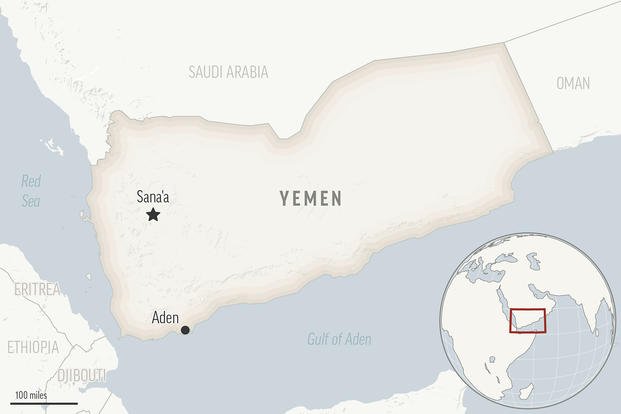The strategic waters of the Red Sea find themselves in a precarious situation as Yemen’s Houthi rebels announce a significant shift in their maritime strategy. This development coincides with the delicate ceasefire in the Gaza Strip, now in its second day, which has already impacted global shipping routes.
In a recent communication with maritime operators, the Houthis declared that their attacks would now be limited to ships affiliated with Israel, a move unlikely to immediately restore confidence among global shippers navigating the vital corridor. This area, crucial for the transit of goods and energy between Asia and Europe, has seen a drastic reduction in traffic, severely affecting Egypt’s revenues from the Suez Canal.
Fragile Ceasefire and Potential Hostilities
“The ceasefire is considered fragile,” according to Jakob P. Larsen, the head of maritime security for BIMCO, the leading international association of shipowners. He warned that any deviations from the ceasefire could potentially reignite broader threats against international shipping by the Houthis.
The Houthis have indicated through their Humanitarian Operations Coordination Center that they are “stopping sanctions” against previously targeted vessels since November 2023, with the exception of Israeli-linked ships. These “sanctions … will be stopped upon the full implementation of all phases” of the ceasefire. However, they have left open the possibility of resuming attacks against the United States and the United Kingdom if provoked by further aggression.
Impact of Recent Conflicts
Since the start of the Israel-Hamas conflict in October 2023, the Houthis have targeted over 100 merchant vessels with missiles and drones. This campaign has resulted in the capture of one ship, the sinking of two others, and the deaths of four sailors. Despite their claims of targeting vessels linked to Israel, the U.S., or the U.K., many of the attacked ships had little association with the conflict.
The frequency of these attacks has decreased recently, potentially due to a vigorous U.S. airstrike campaign, which has hit the Houthis over 260 times, according to the International Institute for Strategic Studies. Nevertheless, the Houthis have persisted in launching drones and missiles towards Israel, prompting warnings of retaliatory strikes against their leadership.
Uncertain Political Climate
The political landscape adds another layer of uncertainty, with the inauguration of President Donald Trump. There is speculation that he may reinstate the foreign terrorist organization designation on the Houthis, a status previously revoked by President Joe Biden, which could escalate tensions once more.
“Uncertainty is further exacerbated by today’s inauguration of Trump,” Larsen noted. “It remains unclear how the Trump administration will act in the conflict with the Houthis and whether potential punitive actions against them will be considered.”
For more on the ongoing conflict, visit AP’s dedicated coverage.











